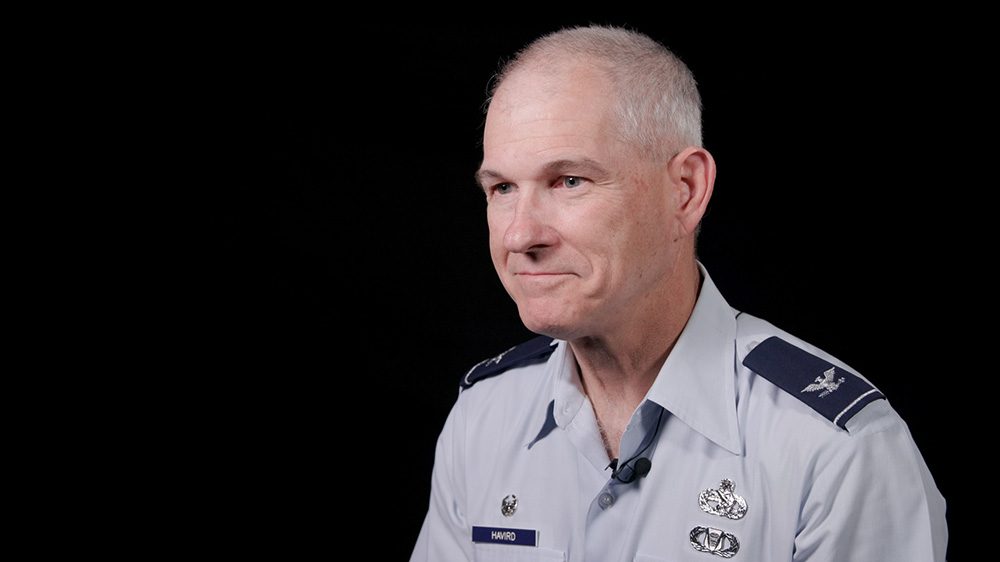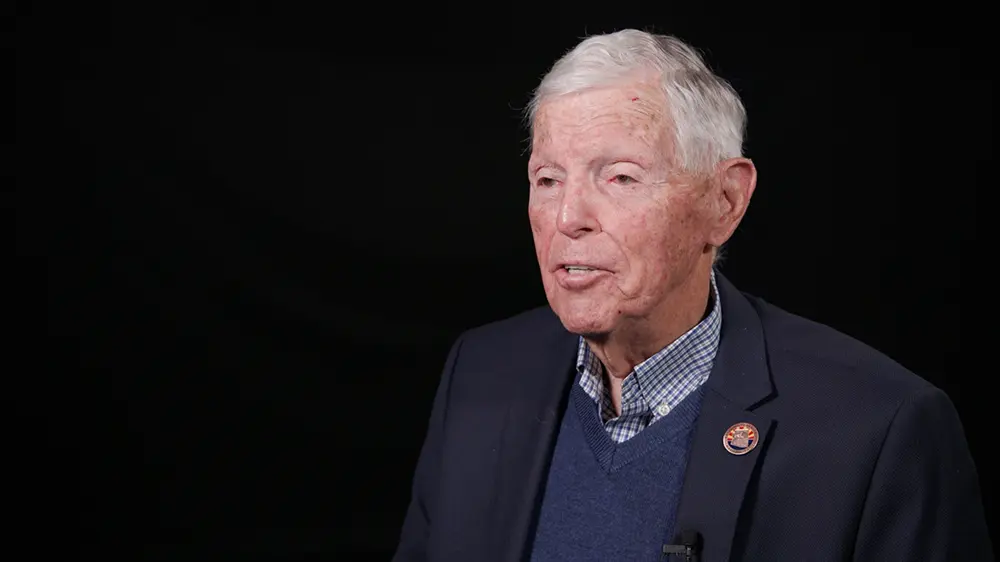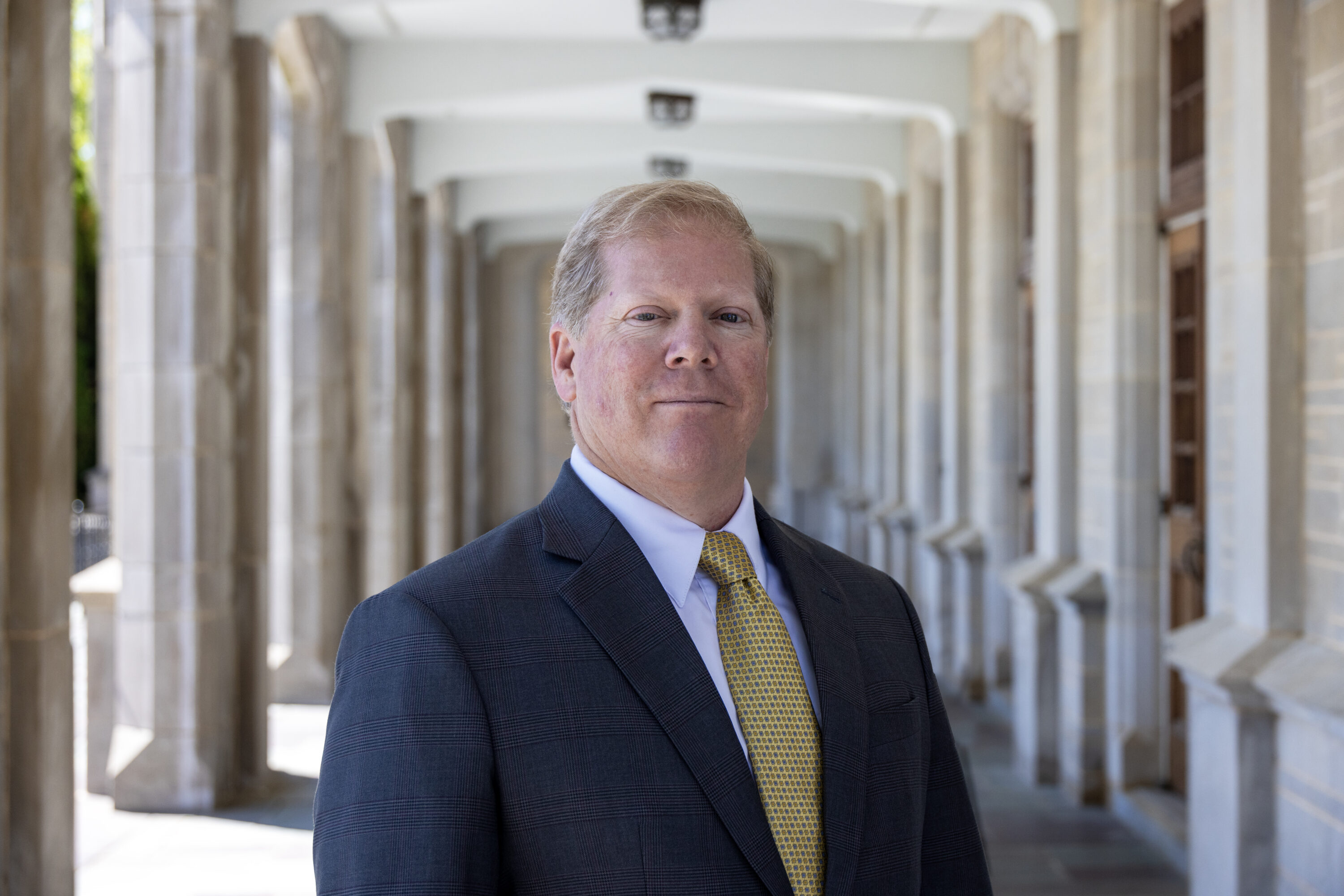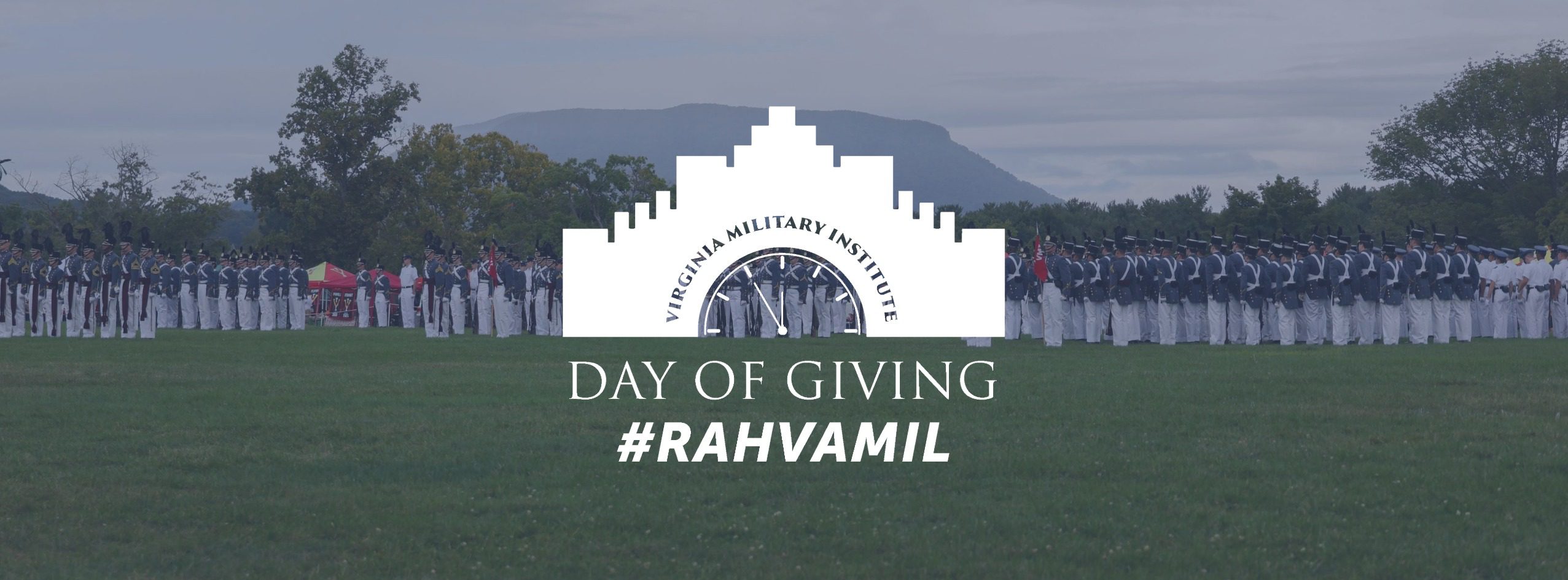Now entering his second year as commandant of the Corps of Cadets, retired U.S. Air Force Col. Lawrence “Ley” Havird ’90 sees his role as one that empowers cadets to lead—and learn—even if the learning process leads to a less-than-ideal outcome.
“What I’ve brought to the Corps, in terms of my own beliefs and actions and leadership, is wanting to give them a level of empowerment that allows them to drive toward failure,” said Havird, who became the Institute’s 59th commandant last August after a 32-year Air Force career. “And what I tell them is what I expected out of my junior officers when I assumed senior leadership within the Air Force—I need you to be empowered to make decisions, and even if that’s a decision that [leads to] failure, I’d rather you have confidence to lead and not be scared to fail.”
Havird is quick to note, though, that the freedom to try—and to fail—has some parameters around it. “I won’t let [cadets] drive toward putting somebody in jeopardy, where their safety is at risk. But that doesn’t mean that I won’t sit back and let them fail, because failure is the most relevant learning experience in life. When you fail, you’re more apt to not repeat that mistake in the future.”
It’s a lesson Havird feels comfortable sharing, as he experienced an academically rocky first year at VMI, and at one point, considered transferring to a large public university in a nearby state.
“I was not exactly the most attractive academic candidate to the Institute,” admitted Havird, who’d come to VMI from his Portsmouth, Virginia, home for the chance to play Division I baseball. When he was left with a grade point average below a 2.0, he had several talks with Col. Michael “Mike” Monsour (Hon), Ph.D., then-professor of modern languages, about whether or not he should leave the Institute.
“And in each particular case, I had to acknowledge on the positive side of the ledger, I would probably do better academically at VMI, and I probably had an opportunity to compete in the sport that I came here for at VMI, versus trying to truly walk on a team in an uninvited fashion that was arguably a better Division I team. So I ended up leaning into VMI.”
With an attitude of leaning in, Havird raised both his grade point average and his aspirations. As he applied more effort to his studies, his grade point average rose above a 3.0, and in the end, he was a distinguished graduate, earning a Bachelor of Arts degree in history. In addition, he lettered on the baseball team his 2nd and 1st Class years.
“I am very optimistic that what we produce today is one, needed; two, valued; and three, vitally important to the strength of our state and our nation.”
U.S. Air Force Col. Ley Havird ’90 Commandant of the Corps of Cadets
“Collectively, I was a better person at the end of 4 years,” Havird stated. “What I got in reward was much more than I bargained for.”
With a background that allows him to put cadets’ daily struggles into perspective, Havird can see that while times change and challenges evolve, human nature remains constant. “While it is radically different in the 21st Century, the experiences, the values, and the principles that the modern Corps is aligned to are largely unchanged from my time in barracks,” he commented. “I see the same things. I see the same expressions. I see the same experiences, and I see the same tribulations in confinement and navigating those bad days, much like my time in barracks.”
That doesn’t mean, though, that there’s no change—as a quarter of the Corps is new each year, change is a constant. For those concerned that the VMI experience isn’t what it used to be, Havird has some insights to share.
“The Corps is always in a state of evolution,” he said. “And we will acknowledge, even from our days in barracks, regardless of the year you graduated, the Corps is in perpetual change. Now, some of that is generational change, some of that is societal change, but much like what I experienced in 32 years of military career, there is always going to be a change in leadership.”
Challenges, too, change as the years roll on, particularly when it comes to technology and digital distractions. Havird sees his role as leading cadets to use these electronic tools wisely, not prohibiting their use. A simplistic “take away their electronics,” for example, wouldn’t prepare today’s young people well for life after VMI. “Whether it’s a computer, whether it’s a phone, whatever it may be, it’s resident to education in the 21st century, and it can’t be removed,” he stated.
“And we’re going through growing pains right now with artificial intelligence, and it’s the same thing,” Havird continued. “We have to find a way to incorporate this technology into the VMI experience without destroying the experience that we all cherish, and I think we have, over the course of my lifetime, and my knowledge of VMI, done that extremely well across the eras.”
What keeps Havird getting up and putting on a uniform (again) each morning when he could be enjoying the slower pace of retirement? “I wouldn’t show up to work every day if I didn’t think this place had a mission of noble value, and that’s producing leaders,” he stated. “So I am very optimistic that what we produce today is one, needed; two, valued; and three, vitally important to the strength of our state and our nation.”
-

Victoria Ferris Digital Content Strategist
The digital content strategist is responsible for creating compelling, audience-appropriate, multi-channel content for social media, and for monitoring the VMI Alumni Agencies' social media accounts. The strategist supports all communications efforts, including video editing, website updating, and email marketing deployment and training.

Mary Price Development Writer/Communications Specialist
The development writer plays a key role in producing advancement communications. This role imagines, creates, and produces a variety of written communication to inspire donors to make gifts benefiting VMI. Utilizing journalistic features and storytelling, the development writer will produce content for areas such as Annual Giving, stewardship, and gift planning.




